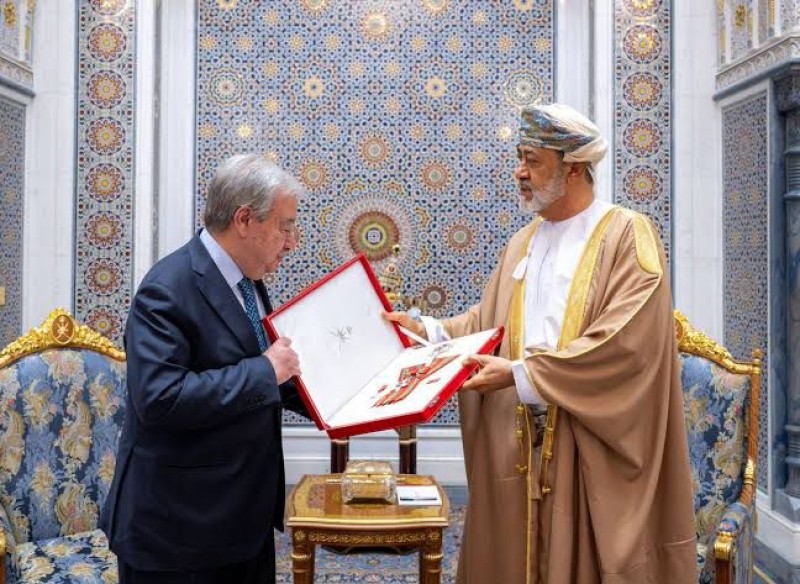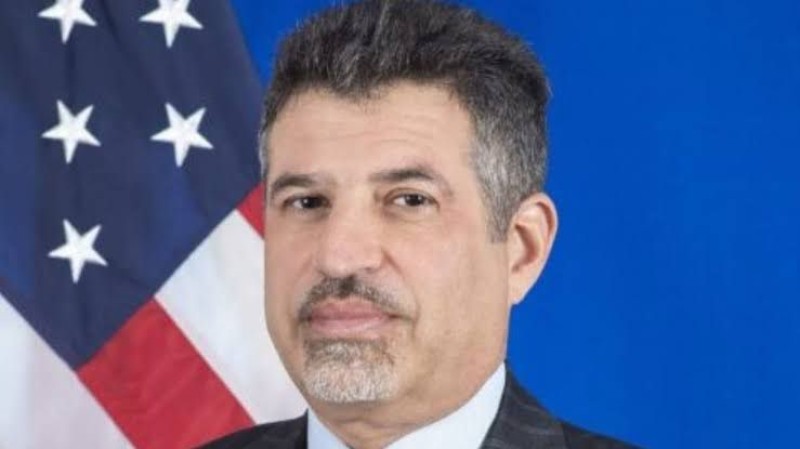U.S. Targeted but Missed Senior Iranian Commander in Yemen, Officials Say


The U.S. military targeted but failed to kill a senior Iranian military commander in Yemen around the time it conducted the drone strike that killed an Iranian general in Iraq, U.S. officials said.
The highly classified mission against Abdul Reza Shahlai in Yemen shows that recent U.S. operations against Iran were more ambitious and multifaceted than the air strike last week that the Trump administration said it undertook to kill Maj. Gen. Qassem Soleimani in Baghdad.
Details about the operation against Mr. Shahlai have been closely held. While his death has been reported by some social media accounts, U.S. officials said he was still alive. The officials didn’t say if the U.S. tried to kill him in a drone attack, a ground raid or in some other manner.
Spokespeople for the National Security Council, the Defense Department and U.S. Central Command declined to comment. The operation was first reported by the Washington Post.
The Trump administration has been determined to roll back Iran’s influence in the region and squelch Tehran’s nuclear program. Both Washington and Tehran have sought to step back from violence in recent days after actions that included the killing of Gen. Soleimani and Iran’s missile barrages on two U.S. bases this past week, which didn’t cause American casualties.
By targeting Gen. Soleimani, who ran the overseas wing of Iran’s Islamic Revolutionary Guard Corps known as the Quds Force, and Mr. Shahlai, the group’s commander in Yemen, the U.S. took aim at the linkage between Tehran and the proxy forces it uses to expand its influence and destabilize governments in the region.
“Clearly, the intent here was to target some of the Quds Force’s most important and capable proxy handlers,” said Matthew Levitt, a former Treasury Department official now at the Washington Institute for Near East Policy.
Gen. Soleimani, whom the Trump administration has called a terrorist responsible for the deaths of hundreds of American troops during the war in Iraq, was admired by Iranian authorities as a charismatic military official.
He oversaw the arming and training of Shiite militia groups in the Middle East. Senior Trump administration said he was plotting imminent attacks against U.S. embassies and other sites when he was killed; Democratic lawmakers briefed on the classified intelligence said the material didn’t demonstrate that attacks were imminent. The strike that killed him also took out the commander of an Iranian-backed militia in Iraq, Abu Mahdi al-Mohandes.
Mr. Shahlai has long been seen by U.S. security analysts as a significant figure in Iran’s regional ambitions, especially in Yemen. The Trump administration has accused Iran of funneling arms and providing other support to the Houthi rebel movement, which seized the Yemeni capital San’a in 2014 and has been fighting a civil war against a Saudi-led coalition.
Mr. Levitt, the former treasury official, has followed Mr. Shahlai’s career and describes him as Gen. Soleimani’s “guy on the ground in Yemen.”
The State Department said last month that Mr. Shahlai had planned attacks against U.S. and allied forces during the Iraq war, including a botched kidnapping in the Iraqi city of Karbala in 2007 that led to the death of five American soldiers.
The Treasury Department imposed sanctions on Mr. Shahlai as a “Specially Designated Global Terrorist” in 2008. The European Union, United Kingdom, Saudi Arabia and Bahrain have also put him on terrorist lists.
In 2011, Mr. Shahlai orchestrated and funded a plot to assassinate the then Saudi ambassador to the U.S., Adel al-Jubeir, at a restaurant in the Georgetown area of Washington, the State Department said.
Brian Hook, the State Department’s special representative for Iran, said last month that the U.S. was offering up to $15 million for information on Mr. Shahlai’s activities, networks and associates.
“Given Shahlai’s track record of terrorism and destabilization in Iraq, we remain gravely concerned by his presence in Yemen and potential role in providing advanced weaponry of the kind that we have interdicted to the Houthis.” Mr. Hook said on Dec. 5
Though Yemen’s Houthis are aligned with Iran, Tehran doesn’t have as tight control over them as it does proxies in Iraq and Lebanon, according to U.S. officials, diplomats and regional specialists. The Houthi movement is divided among those who are pro-Iranian and those who seek better ties with the Saudis and the West, they said.
WSJ

Muscat – The Office of the UN Special Envoy to Yemen said Monday that UN Secretary-General António Guterres discussed the overall situ…

Riyadh — U.S. Ambassador to Yemen, Steven Fagin, on Monday underscored Washington’s commitment to the unity of the Presidential Leaders…

Abyan — The Southern Transitional Council (STC) in Yemen announced on Monday the launch of wide-scale military operations in Abyan province,…